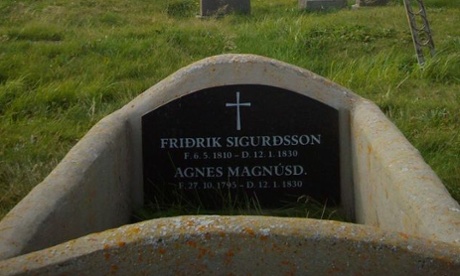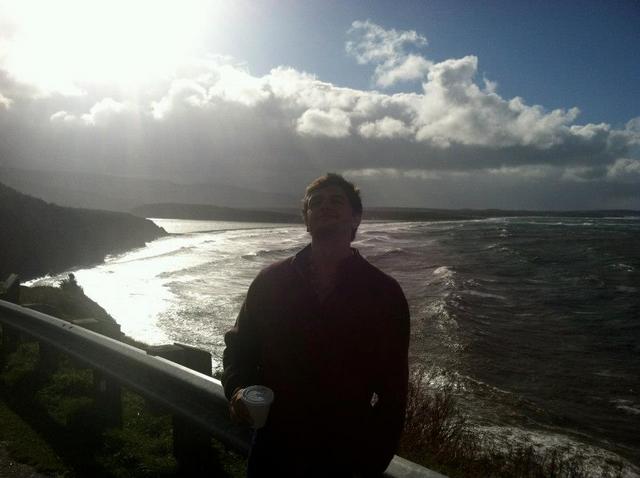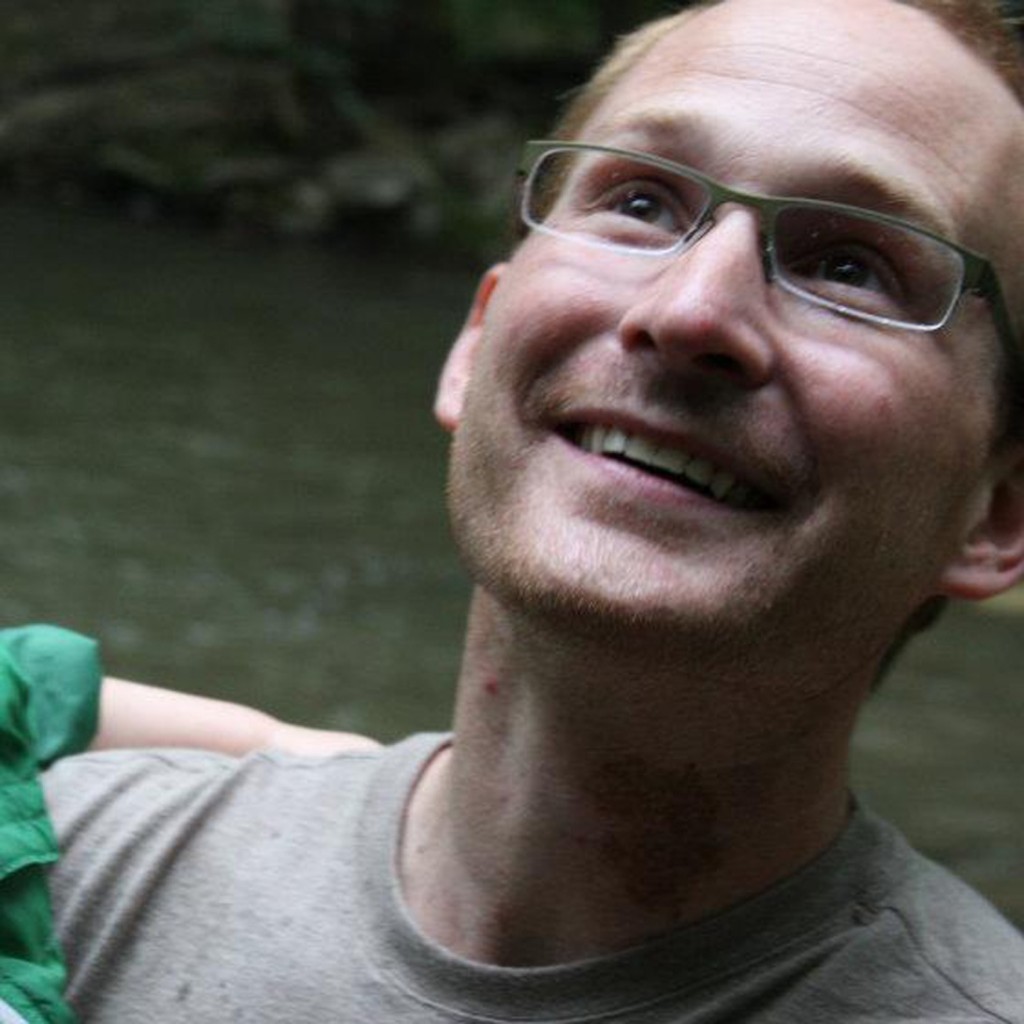
Former NC contributor Adam Regn Arvidson makes a return visit with some salutary advice for the beginning essayist (and maybe the not-so-beginning essayist) on where to find submission venues. The advice he gives happens to accord with my own practice in the dark eons before time, the years of my apprenticeship. The best way to give your story or essay or poem a chance at a life is to submit to magazines that are reviewed by the standard anthologies: Best American/Canadian (Stories, Essays…), Pushcart, O’Henry, etc. While you’re here, check out Adam’s Nature Writing in America series on NC and his short craft essays in the NC Craft Book.
dg
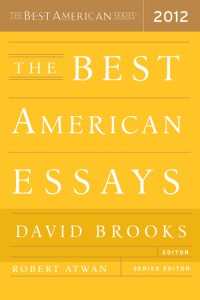
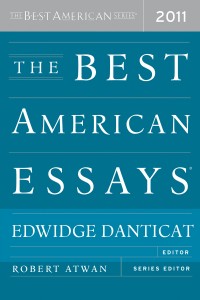
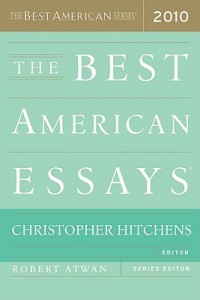
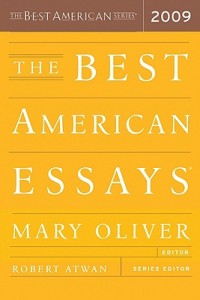
Like it or not, the Best American series has a certain gravity. Whether you feel it actually publishes the best American writing, this annual compendium is eagerly awaited by writers everywhere. It’s a little easier to digest than the Pushcart doorstop, and somehow the overall system—regular editors that winnow down and pass along a selection to a guest editor that makes the final selections—seems to have the right combination of consistency and nuance, populism and expertise.
But this isn’t a review of the Best American vehicle. This is an analysis.
A while back, when I started thinking maybe, just maybe, a couple of my essays might be “ready,” I asked the essayist Patrick Madden where I should submit them. As always at the ready with sage advice, Patrick told me (and I’m taking some liberties with the quote here): “Most places you publish will doom your essay to an inglorious death: one issue that few people read, and then the trash heap. Sure you can list it in your cover letters, but wouldn’t you like people to actually see your essay. I’d recommend looking at the Best American Essays—especially the back section, the “Other Notable Essays”—and find out which journals are represented there. At least you know that a BA editor is (possibly) reading your stuff.”
So, like a good student (and the data-curious, research-driven writer I am), I went ahead and catalogued a few years of Best American Essays, and Best American Science and Nature Writing, and Best American Travel Writing. Then I went back and did a few previous years, just to flesh out the sample size. Yes, I have a spreadsheet of each journal that has appeared in these three BA series and the number of times it has appeared. Give me a journal and I can tell you exactly how many times it has had included essays and notable essays in any year since 2008.
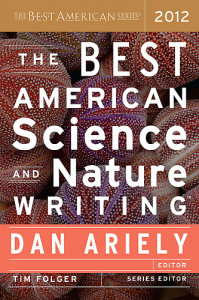
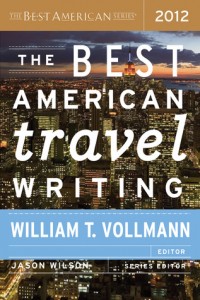
I can hear the “holy crap, that guy’s got too much time on his hands” echo through the datasphere. But wait, because I tell you it helps. First, this is how I find journals. That lesser known annual magazine creeping up in numbers of notable essays: perhaps a good up-and-coming venue for a newer writer. Second, this is how I work some hierarchy into my submissions. Maybe I send something out to one of the more represented journals first, then, upon rejection, work my way downward on the list.
I know this is an imperfect science, but essay (or short story or spiritual writing or poem) submission is inherently imperfect. This gives me a guide. And it’s kind of fun to know how everybody’s doing. So I’d like to share my data with you.
But first, a few parameters. I’m an essayist—a nature and environment essayist. The data here deal just with the “Essays” and “Science and Nature” volumes of BA. Next, I make no distinction whatsoever between the “notable” essays in the back of the book and the 20 or so actually printed. The notables are selected by the main editor. The 20-or-so are the result of one annually selected big-name’s own sensibilities. Getting printed is a crap-shoot, in my opinion.
Some of the names in these lists won’t be surprises to any of you (what! The New Yorker dominates the Best American series??!). Some will. So without further dithering, here we go:
Top 10 Journals: Best American Essays, 2008-2012
1. The New Yorker, 47
2. Harper’s, 42
3. American Scholar, 23
4. Fourth Genre, 23
5. Granta, 20
6. Southwest Review, 20
7. The Sun, 18
8. Missouri Review, 17
9. Michigan Quarterly Review, 16
10. New York Times Magazine, 16
Frankly, I was surprised to see Missouri Review and Michigan Quarterly Review on this list, considering how few essays they publish in each issue. Might be interesting to discover the journal with the best percentage of total essays that appear in BA… Hmmm.
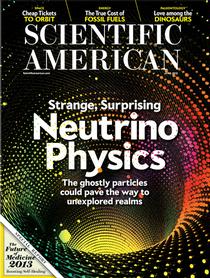
Top 10 Journals: Best American Science and Nature Writing, 2008-2012
1. The New Yorker, 48
2. National Geographic, 41
3. Discover, 36
4. Scientific American (with this one’s name, it ought to be here), 32
5. Orion, 22
6. OnEarth (including on-line), 19
7. The Atlantic, 18
8. Outside, 18
9. Harper’s, 17
10. Wired, 17
Ok, so this batch can barely be called literary magazines. There’s not a university journal among the top ten. And frankly (though I hate to be critical of a particular magazine, even if I read it religiously), I wonder if all the pretty pictures are skewing everyone’s opinion of the actual writing in National Geographic…
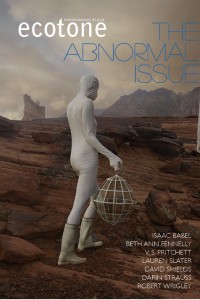 Looking down through the top 25, the only literary journals here are Ecotone (#19, 7 inclusions) and Isotope (#23, 5 inclusions), but the latter is defunct. (Oddly, just above Isotope is the Bulletin of the Atomic Scientists, perhaps publishing lively essays on gluons and quarks!)
Looking down through the top 25, the only literary journals here are Ecotone (#19, 7 inclusions) and Isotope (#23, 5 inclusions), but the latter is defunct. (Oddly, just above Isotope is the Bulletin of the Atomic Scientists, perhaps publishing lively essays on gluons and quarks!)
I have done different methods of totaling these two series, but honestly the Science and Nature tends to dominate and skew the number, since a much smaller set of journals appears in that series. For you generalist essayists, it is probably more useful to dig a little deeper into the BAE rankings. So here are all the journals that averaged at least two appearances per year (at least 10 appearances total) for the five years I have kept track. These are probably middle-of-the-road submission venues for you. Not the most incredible work, but still credible according to BAE. (Also, plenty of literary magazines here.)
Gettysburg Review, 15
Massachusetts Review, 15
Orion, 15 (ooh, they can do S&N AND Essays!)
Salmagundi, 15
The Atlantic, 14
Ecotone, 14
Georgia Review, 14
New York Review of Books, 14
Southern Review,14
Iowa Review, 13
Alaska Quarterly Review, 12
Boulevard, 12
Harvard Review, 12
Kenyon Review (and KR Online), 12
Ninth Letter, 12
Colorado Review, 11
Image, 11
New Letters, 11
Oxford American, 11
River Teeth, 11
Washington Post Magazine, 11
Creative Nonfiction, 10
Hotel Amerika, 10
New Republic, 10
Sewanee Review, 10
Under the Sun, 10
Vanity Fair, 10
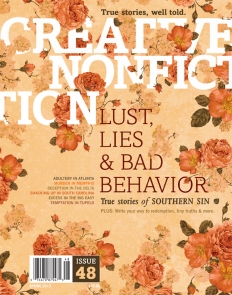
Of course, how you use this data is up to you. If you’re curious about a particular magazine, or want to know all those with a certain total number, just comment here. At the very least, think about subscribing to some of these. They are consistently publishing excellent essays. Support them so they can perhaps some day support you.
— Adam Regn Arvidson
—————————–
 Adam Regn Arvidson is an essayist, editor, and landscape architect based in Minneapolis. His work, including his Nature Writing in America series, has appeared previously in Numéro Cinq, as well as in Creative Nonfiction, Michigan Quarterly Review, flyway, and Briar Cliff Review. He is a recent MFA graduate of the Vermont College of Fine Arts.
Adam Regn Arvidson is an essayist, editor, and landscape architect based in Minneapolis. His work, including his Nature Writing in America series, has appeared previously in Numéro Cinq, as well as in Creative Nonfiction, Michigan Quarterly Review, flyway, and Briar Cliff Review. He is a recent MFA graduate of the Vermont College of Fine Arts.














